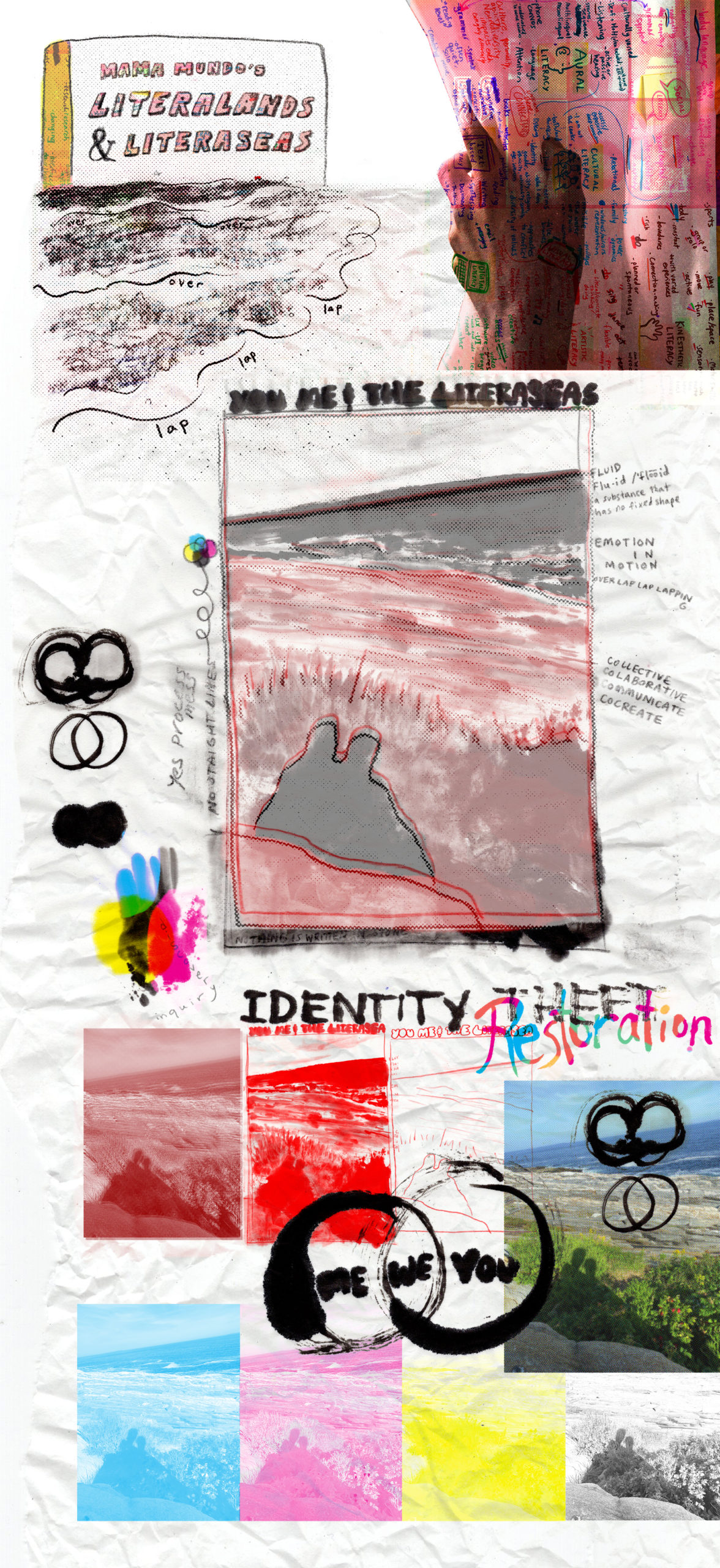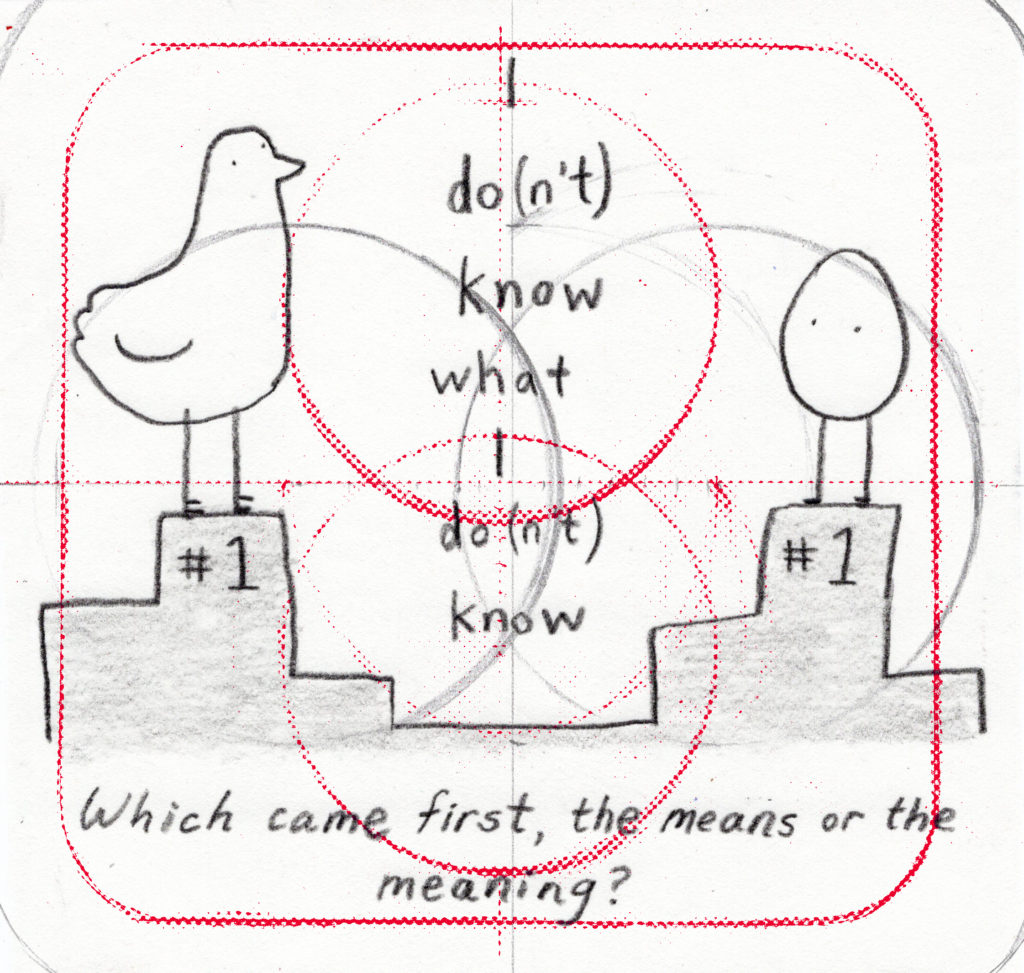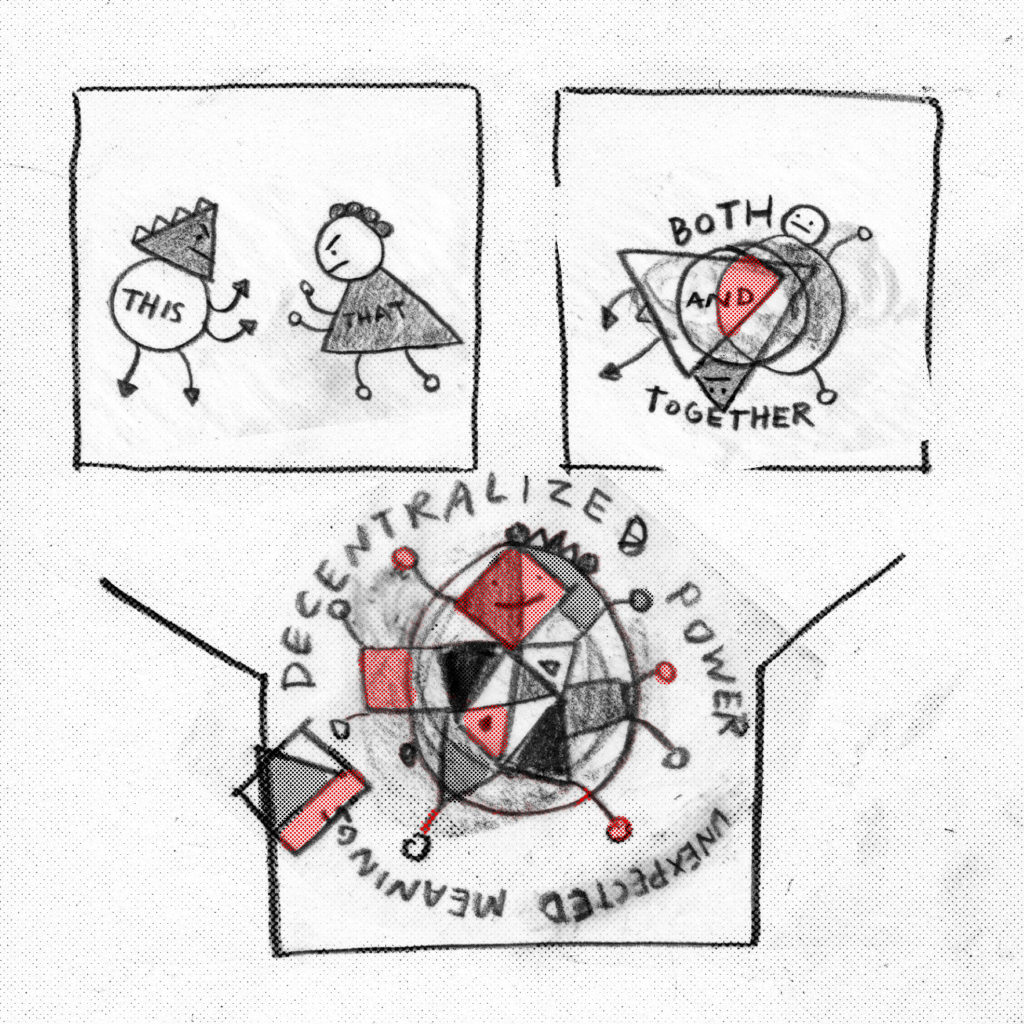Centering Latinx Studies in Arts and Humanities Curriculum and Pedagogy

This photo of a classroom is taken indoors and includes a teacher with close-cropped dark hair and in a short-sleeved plaid shirt in the background. The teacher stands near a projector at the front of the class and speaks to students. Students are seated at desks that are pushed together into pods. Most students’ faces are turned to the teacher and away from the photographer. Students in the center of the photo are in focus, while the teacher who they focus on is facing the camera and is slightly out of focus. Photo by NeONBRAND on Unsplash
Like many district leaders across the country, in recent years Lawrence Public Schools administrators in Massachusetts moved to create more culturally responsive curriculum to better serve their school district, which is comprised of a BIPOC majority student population. In the 2020-2021 academic year, Lawrence Public Schools partnered with Lesley University in Cambridge to offer professional development specifically for Lawrence High School arts and humanities teachers to ensure that their students see themselves represented in the literature, art and history they study.
Located in the “city of immigrants,” Lawrence High School serves over 3,000 students in grades 9-12, of which more than 90% are Latinx. However, as in many high schools, Latinx students rarely see themselves — their identities, histories and cultures — reflected in coursework.
Thirty-five English, history and visual and performing arts teachers participated in the Centering Latinx Studies Pedagogy Project (Project) funded by a collaboration between Mass Humanities, Lawrence Public Schools and Lesley University. An interdisciplinary team of Lesley faculty in the arts, humanities and education guided teachers in exploring Latinx history, art and culture, as well as modelling culturally competent practices rooted in critical race and ethnic studies. Lesley history professor Tatiana Cruz developed five Latinx Studies Guiding Principles, which served as grounding for this learning. These guiding principles include:
- Utilizing an asset-based framework that fosters reflexivity and reclaims students’ intersectional identities.
- Identifying and critiquing dominant narratives.
- Critically analyzing systems of oppression through anti-racist and decolonial lenses.
- Employing culturally responsive pedagogical practices.
- Cultivating community engagement and holistic healing.
Project participants engaged in a series of workshops over the course of the academic year, moving from examining the Latinx Studies Guiding Principles to reflect on their own identities and their students’ identities to designing curriculum that integrated Latinx content and pedagogy into their existing practice. Project leaders focused on the following steps to achieve its goals:
Explore Latinx history, art and culture. Teachers expanded their understanding of Latinx Studies history and explored how to integrate interdisciplinary methods and Latinx perspectives in their arts and humanities curriculum. They explored primary and secondary source materials in Latinx history, art and culture, which included historical documents, visual and performing artworks and related literature. An important component of each workshop was engagement with a variety of artistic works, such as Ari Luis Palos and Eren Isabel McGinnis’s film, “Precious Knowledge;” Lin-Manuel Miranda’s musical, “In the Heights;” Alfredo Jaar’s visual art works; and Richard Blanco’s poetry.
Share approaches for engaging with the arts in teaching. Faculty introduced the use of Visual Thinking Strategies and Harvard Project Zero’s Framework “See Think Me We” for perceiving and responding to visual and performing artworks to model various strategies for introducing the arts into teachers’ own humanities classrooms.
Develop a collection of Latinx resources. Lesley faculty and Lawrence High School teachers collaboratively developed a collection of resources in Latinx history, arts and culture, including primary source historic documents, visual and performing artworks, and films/videos. They also built a network of community organizations to support the teachers in expanding their course curriculum and to increase community engagement in LHS.
Design curriculum that integrates the Latinx Studies Guiding Principles. Teachers then constructed their own curriculum that engaged students in an exploration of Latinx history, art and culture in the greater Lawrence community. Teachers used the Latinx Studies Guiding Principles to inform their choice of course materials and assignments. They also developed new pathways for building community engagement within and beyond their humanities classrooms.
The Project prepared Lawrence High School arts and humanities teachers to build capacity in culturally competent practices and curriculum redesign to honor the identities of their students. These teachers emerged as leaders at the school in bringing the voices and visions of their Latinx students into classrooms.
Interested in learning more about the Centering Latinx Studies Pedagogy professional development project? Contact Martha McKenna, University Professor Emerita, Lesley University.



